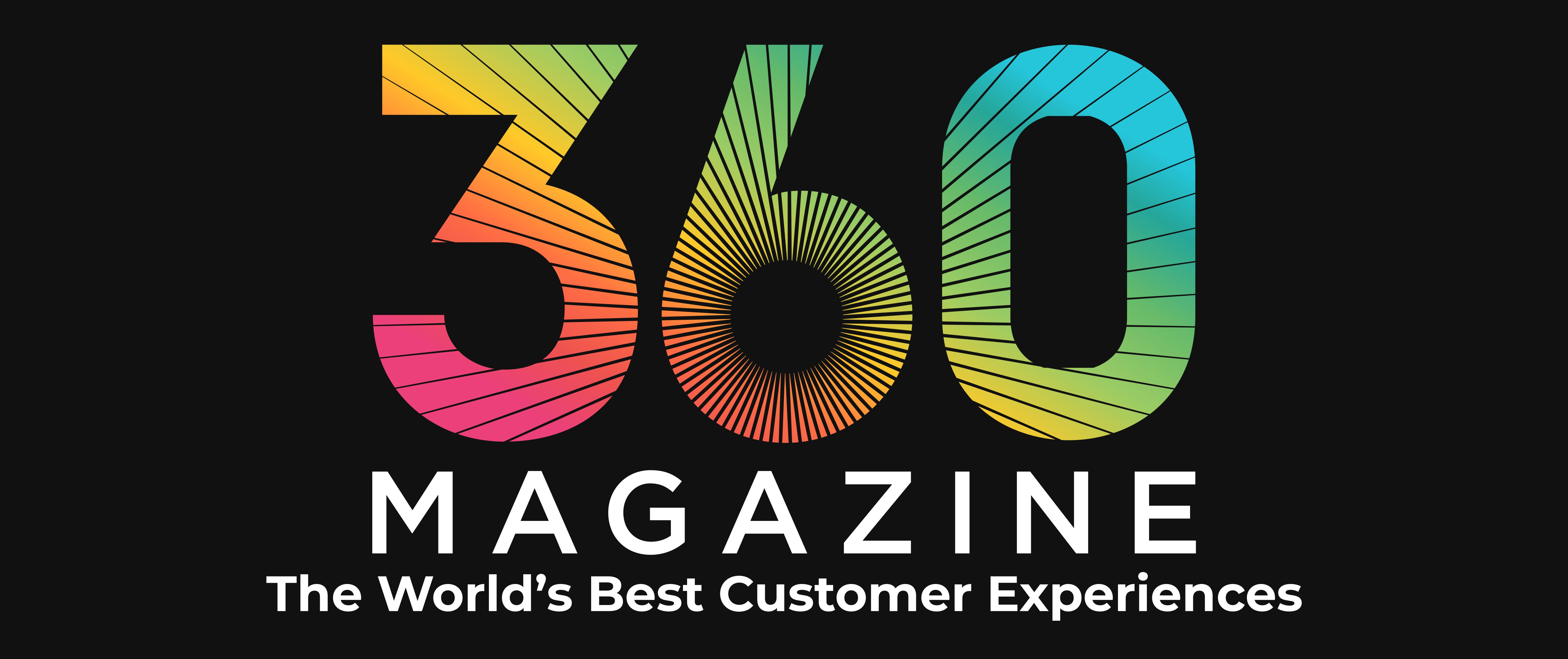There’s no Photoshopping Adobe’s ugly FTC lawsuit

Shane Schick tells stories that help people innovate, and to…
When Adobe named its software suite “Creative Cloud,” it was referring to a hosted version of tools that can be used to develop content. Now, however, it evokes the concept of an ingenious way to obscure customers from the truth.
The U.S. Federal Trade Commission (FTC) sued Adobe this week, alleging the technology giant is charging customers hundreds of dollars when they cancel their subscription to its services. If you want out of Creative Cloud within the first year, for instance, the FTC said Adobe calculates termination fees of 50% of the remaining payments for that term.
A report on Reuters highlighted other negative aspects of Adobe’s customer experience (CX):
The FTC also said Adobe forces subscribers who want to cancel online to navigate unnecessarily through numerous pages, while those canceling by phone are often disconnected, are forced to repeat themselves to multiple representatives, and encounter “resistance and delay” from those representatives.
Adobe has responded in a public statement that its subscription services are “convenient, flexible and cost-effective,” that its cancellation process is simple and its terms and conditions transparent.
Retention vs. entrapment
When you look a little closer at the FTC complaint, you can see the difficult balance between offering the CX ideal of friction-free processes and what it refers to as “trapping” customers.”
The annual subscription plan is pre-selected by default when you go to sign up with Adobe, for instance, which the company could argue is a streamlined approach to helping customers choose its best possible offering.
On social media and elsewhere, customers say they’re being pushed into something they may not want, without fully realizing what agreeing to registering will mean.
Although Adobe has pledged to defend itself, it feels at first glance that the company’s only possible response is to shrug that customers should do their due diligence. This is, of course, the rebuttal of snake soil salespeople since time immemorial.
The case for click-to-cancel
I have been an Adobe customer and have personally found Creative Cloud’s subscription system difficult to manage. Whether the company is found guilty or not, I hope the FTC’s lawsuit shines a brighter light on this later stage of the customer journey, where severing the relationship should be at least as straightforward as forming it.
Even if Adobe clears its name, the controversy may raise awareness of a “click-to-cancel” provision the FTC proposed last year. Though brands naturally don’t want to focus on customers who walk away, the provision would be a reasonable counterpart to the one-click buying button pioneered by Amazon and others.
I realize all companies are under pressure to generate revenue, just as consumers are trying harder to save money. There has to be a way to encourage subscription sign-ups while also ensuring customers don’t betray their best interests because they didn’t check the fine print. We just have to get creative.
Shane Schick tells stories that help people innovate, and to manage the change innovation brings. He is the former Editor-in-Chief of Marketing magazine and has also been Vice-President, Content & Community (Editor-in-Chief), at IT World Canada, a technology columnist with the Globe and Mail and Yahoo Canada and is the founding editor of ITBusiness.ca. Shane has been recognized for journalistic excellence by the Canadian Advanced Technology Alliance and the Canadian Online Publishing Awards.















